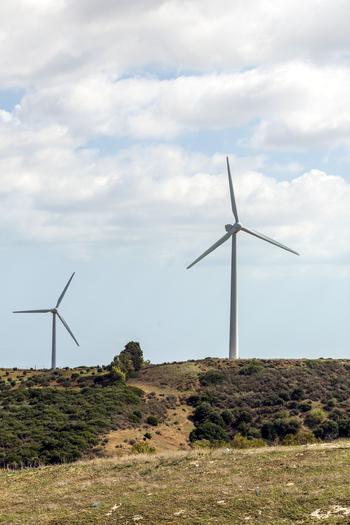Context
In May 2005, the Tunisian Government passed a law promoting electricity generation from renewable sources. A government decision in 2016 and further implementing provisions brought the law into effect.
The law provides for 30 per cent of electricity to be produced from renewable energy sources by 2030: an ambitious goal, since the current share is 3 per cent. The rest of the country’s electricity is produced by natural gas.
Furthermore, the Tunisian Government is committed under the Paris Agreement to Nationally Determined Contributions (NDCs).These provide for a 41 per cent reduction in the country’s emissions by 2030.The energy sector, which in 2012 was responsible for more than half of Tunisia’s greenhouse gas emissions, will have to make the largest contribution.
Objective
The Tunisian Government is successfully implementing the Tunisian Solar Plan (TSP), developing renewable energy on a large scale and complying with the agreed climate protection contributions.

